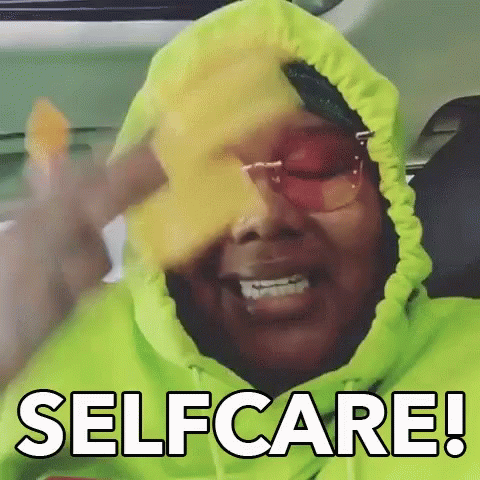Why invest in 'yourself'? You're not a fantastic investment.
Before you splash that money on a degree or a coaching fee, consider the alternatives.
Let's compare public companies for a start. Unlike you, they don't eat, rest, add dependents, or even go to the loo. Sure they screw up big time now and then but hey, who hasn't ever gotten munted with the lads, or had to pay a late fee? Let he who is without sin cast the first stone.
Are you a continent-crossing 24-7 profit-making entity? Can you afford armies of suits to game entire legal codes? Are you theoretically able to live forever? If your prospects are so great, why aren't mutual funds investing in you?
Education correlates with higher incomes and employment, yes, but may not cause it. Your own reality will be more complex. You will have career setbacks. You will have to take a pay cut. You will get too sick to work. You will get left behind by change. You will hate what you are doing and the people you are doing it with.
And that's even though you made all the right moves. Sometimes the Engineering degree doesn't lead to a prestigious consultancy, but to getting bounced from failed startup to startup, or to parochial government agencies where you never touch anything industry-relevant that may advance you out of there. Of course, sometimes the B.A. majoring in Estonian Folk Literature pays for itself many times over with an academic tenure.
Increasing employment instability undermines returns from education. Why should you take on a guaranteed expense with increasingly unpredictable returns?
And it's a large guaranteed expense we're talking about. It used to be that financial product was expensive and education was cheap. Now it's the other way around. Reminds me of something ... 'Buy high and sell low'? No, that's not it ...
The high cost of education and education finance provides great incentive to those who spout the uplifting, "Invest in yourself."
Well, why not? What harm could it do?
Because every dollar you invest in 'yourself' is a dollar that could have gone to alternatives - say, a parcel of shares - bought outright without financing. One of the beauties of modern capitalism is that it not only spreads the risk of a venture, but also the cost. And risk/cost is the only thing you pay for your returns in financial markets. $50,000 gets you dividends just from sitting on your keester. Drop that money on a medical degree, and you'll have to labour elbow-deep in morbidity to make more than minimum wage.
There there, (let's assume) the odds are not stacked against you. Let's be optimistic. Reaping an all-or-nothing investment in yourself makes a good story, sure. But you are not the only investible asset with an upside risk. Isn't a long-shelved portfolio component suddenly scaling out a hundred-fold to save you from a mediocre career choice also a fine arc?
Faced with the multitude of alternatives, an investment in 'yourself' seems rather small-minded. Why not invest in something larger than yourself? If not global equities or debt, then your marriage or relationship, an ancient art or practice? The distinction may be one of perception. The 'certification you undertake' could be reframed as 'study into'. The units you 'buy', in another sense, 'enable the flow' of global capital.
Once again, the magic of capitalism means there's room for both. To really invest in yourself, make sure you also diversify elsewhere.

Interesting post. I get the sense that investing in yourself is linked to self-sufficiency and individualism. Funny how we externalise things like relationships and art, but internalise certification and work-related qualifications.
ReplyDeleteI wonder if what's behind it is the thought that my value as a human being is determined by internal qualities that can't be stripped away? You can lose relationships, shares, property, but a degree feels like it adheres to you personally, even though it too can lose value over time.
That BA (Hons) is an indelible stain on my soul.
We can distinguish between learning for personal fulfillment and certification for upward mobility.
ReplyDeleteWhile gaining knowledge has few rivals as enriching, I wanted to point out that certification has a lot of competition, especially given its cost.
You will always keep what you have learned. But the economic value of your certification will fluctuate. (Not decline, as our future robot overlords may demand tuition in bio-ethics.)